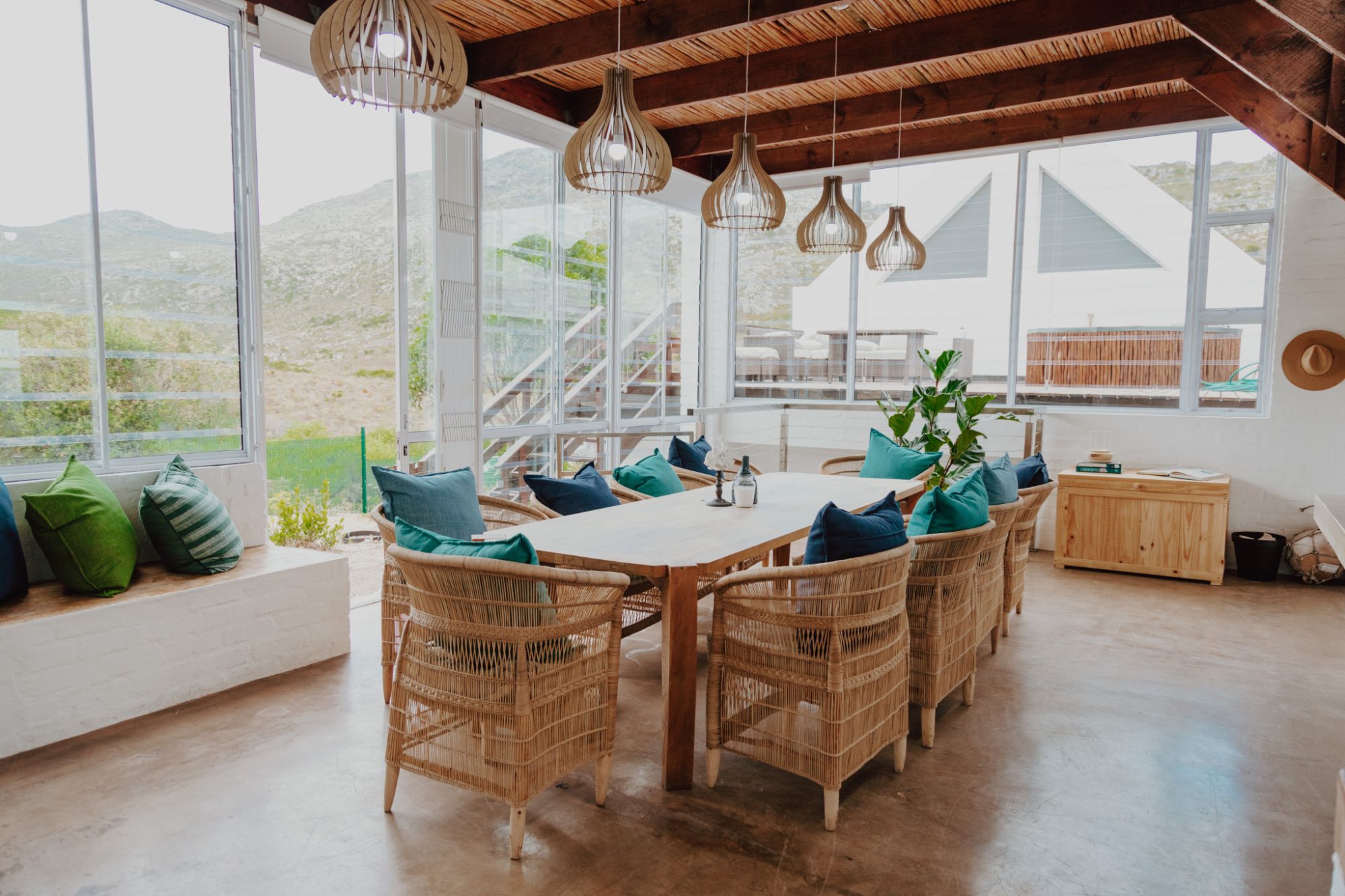
Impressive Tourism Numbers Show Locals Connect to Nature
Impressive tourism numbers show locals connect to nature
CapeNature, the public entity responsible for biodiversity conservation in the Western Cape province of South Africa, has been making waves in the tourism industry with its impressive revenue growth. In recent years, CapeNature has seen a steady increase in tourism revenue, with a 20% year-on-year spike. The success of CapeNature's tourism revenue performance in the 2021/22 financial year has been remarkable, setting unprecedented records for the entity. However, this impressive growth didn't stop there. The past financial year has continued to build on this success, with the entity reaching new heights and achieving an impressive growth in tourism revenue.
The number of visitors to its nature reserves has also been on the rise. In the past financial year, the number of visitors to CapeNature reserves increased by a staggering 43% compared to the previous year. This increase in visitor numbers reflects the growing popularity of nature-based tourism, both in South Africa and around the world. Increasingly, people are seeking out experiences that allow them to connect with nature and to learn about the importance of biodiversity conservation. Connecting with nature has been linked to a range of health and wellness benefits, from reducing stress and anxiety to improving mood and cognitive function. By offering a range of activities that showcase the natural beauty of the Western Cape, CapeNature is not only promoting environmental sustainability and supporting local economies, but also contributing to the health and wellbeing of its visitors.
Nature-based tourism has the potential to create jobs and to support local economies, whilst raising awareness about the importance of biodiversity conservation. This impressive performance is due in large part to CapeNature's commitment to sustainability and responsible tourism practices. The entity has implemented a range of measures to minimise its environmental impact and promote sustainable tourism, such as reducing water and energy consumption, and working closely with local communities to ensure that tourism benefits are shared equitably.
In addition to these sustainability initiatives, CapeNature has also been investing in the development of new tourism products and experiences. The entity has launched a range of new activities, such as additional hiking and mountain biking trails, viewing decks, and adventure activities like abseiling, all designed to showcase the unique biodiversity and natural beauty of the Western Cape. The most popular locations are Kogelberg Nature Reserve, De Hoop Nature Reserve, Algeria, Cederberg Wilderness, Keurbooms Nature Reserve and Robberg Nature Reserve.
CapeNature’s CEO Dr Razeena Omar says, “The growth in nature-based tourism is a win-win for both tourists and the environment. Tourism is a significant contributor to the South African economy and CapeNature's sustainable tourism practices ensure that the economic benefits of tourism are shared equitably and that local communities are involved in processes related to tourism development.”
CapeNature's success in the tourism industry has not gone unnoticed. The entity has received numerous accolades and awards for its tourism offerings and more recently the prestigious Cape Institute for Architects Award for Architecture and the Reignite Africa Award WTM Africa for the #NatureStaycation marketing campaign finalist award in 2021. The entity has recently been nominated by the International Tourism Film Festival Africa 2023 as a finalist for its short video ‘Customer Service values - Eco-tourism and biodiversity conservation’. This recognition is testimony to CapeNature's commitment to providing exceptional tourism experiences while also prioritising environmental sustainability.
CapeNature Executive Director: Eco-tourism and Access, Mr. Sheraaz Ismail added, “CapeNature's impressive performance speaks to the power of sustainable tourism practices. CapeNature has been able to achieve steady growth in tourism revenue while also creating positive impacts for local communities and the economy. All surplus funding generated through tourism is ploughed back into the entity’s conservation efforts. We thank our visitors for their loyalty and choosing nature when they need a break-away. As the global tourism industry continues to evolve, through managing visitor numbers responsibly and implementing sustainable tourism practices, CapeNature can continue to grow its revenue to drive positive social and environmental change.”

The lovely Bliss on the Bay at Pringle Bay.





